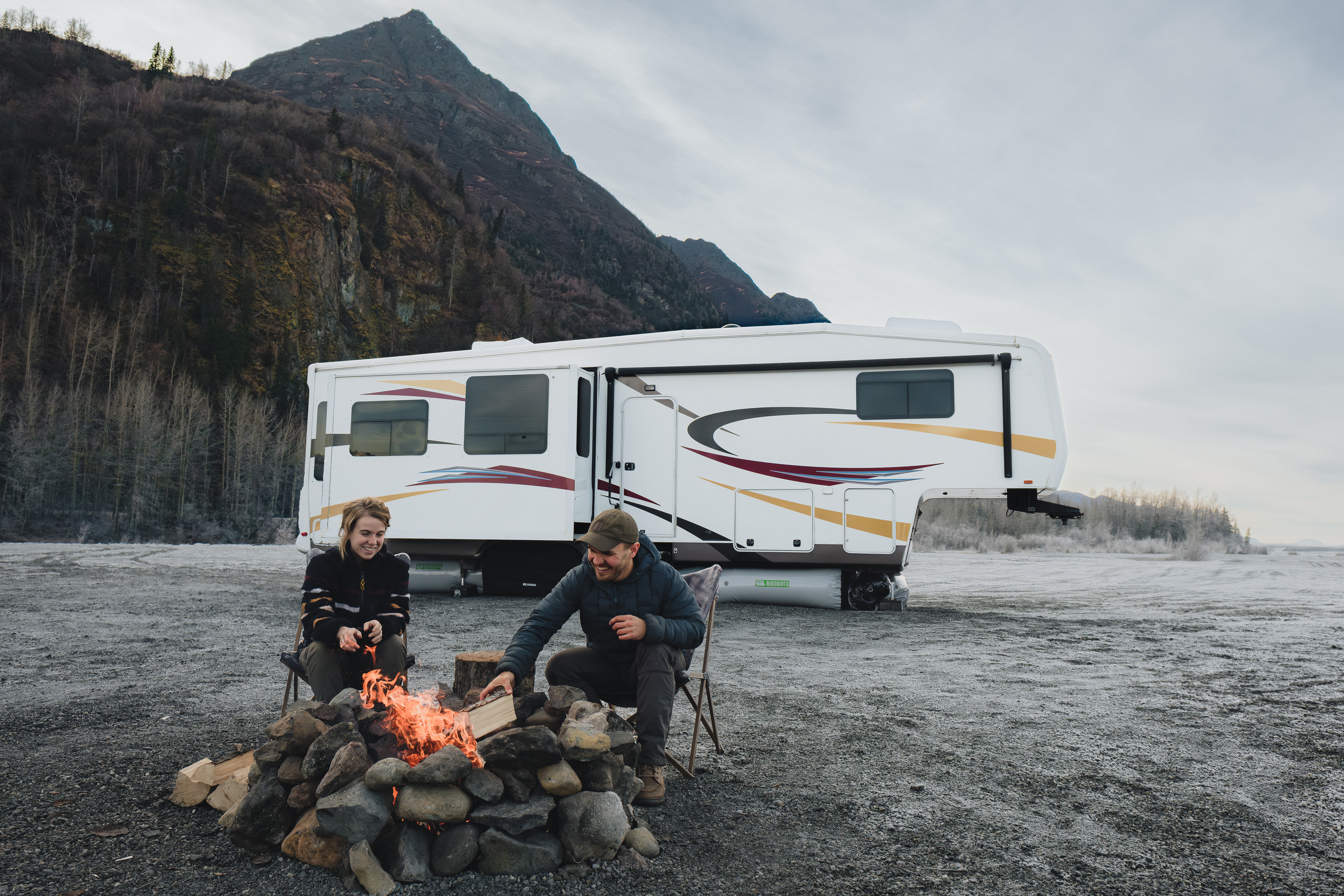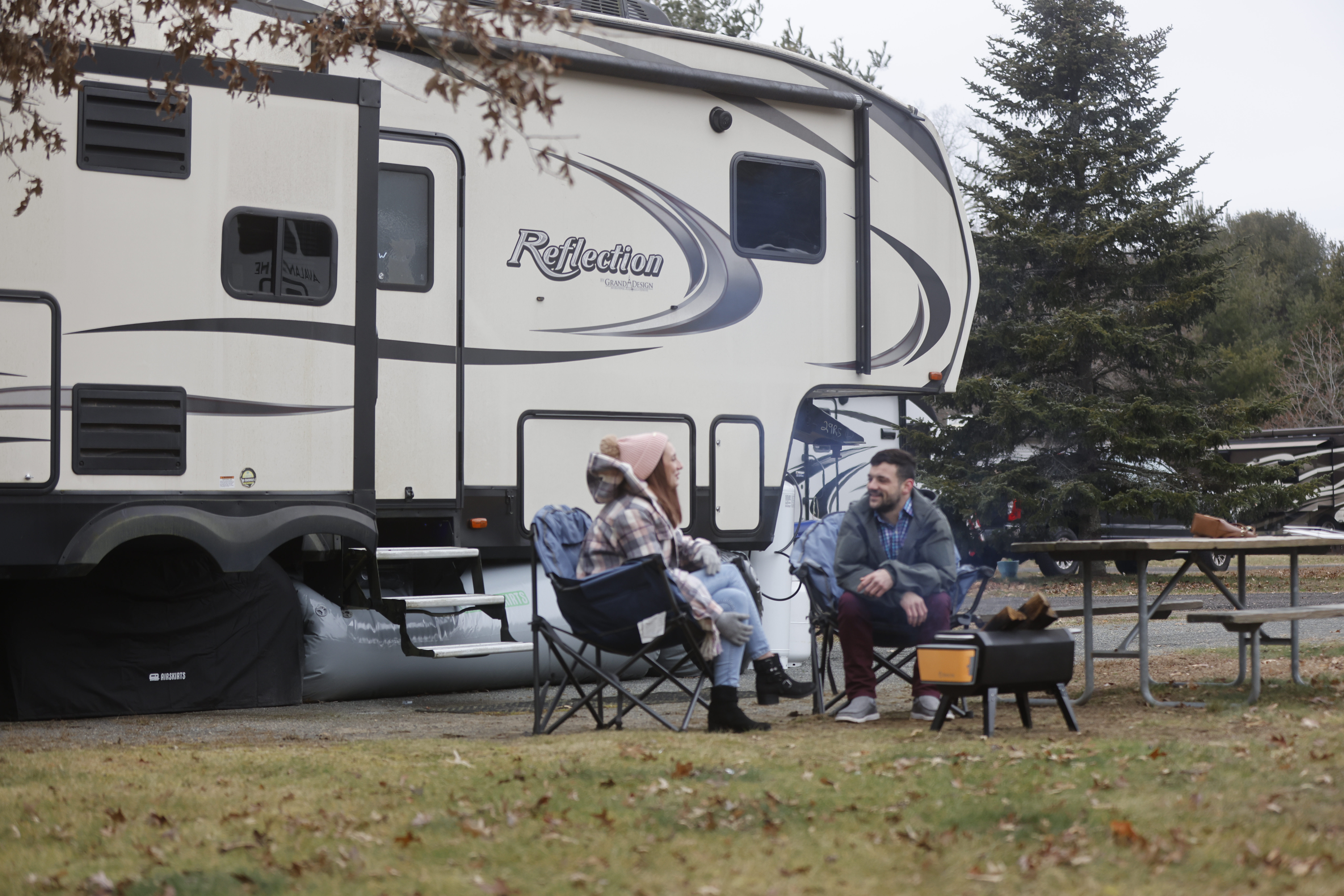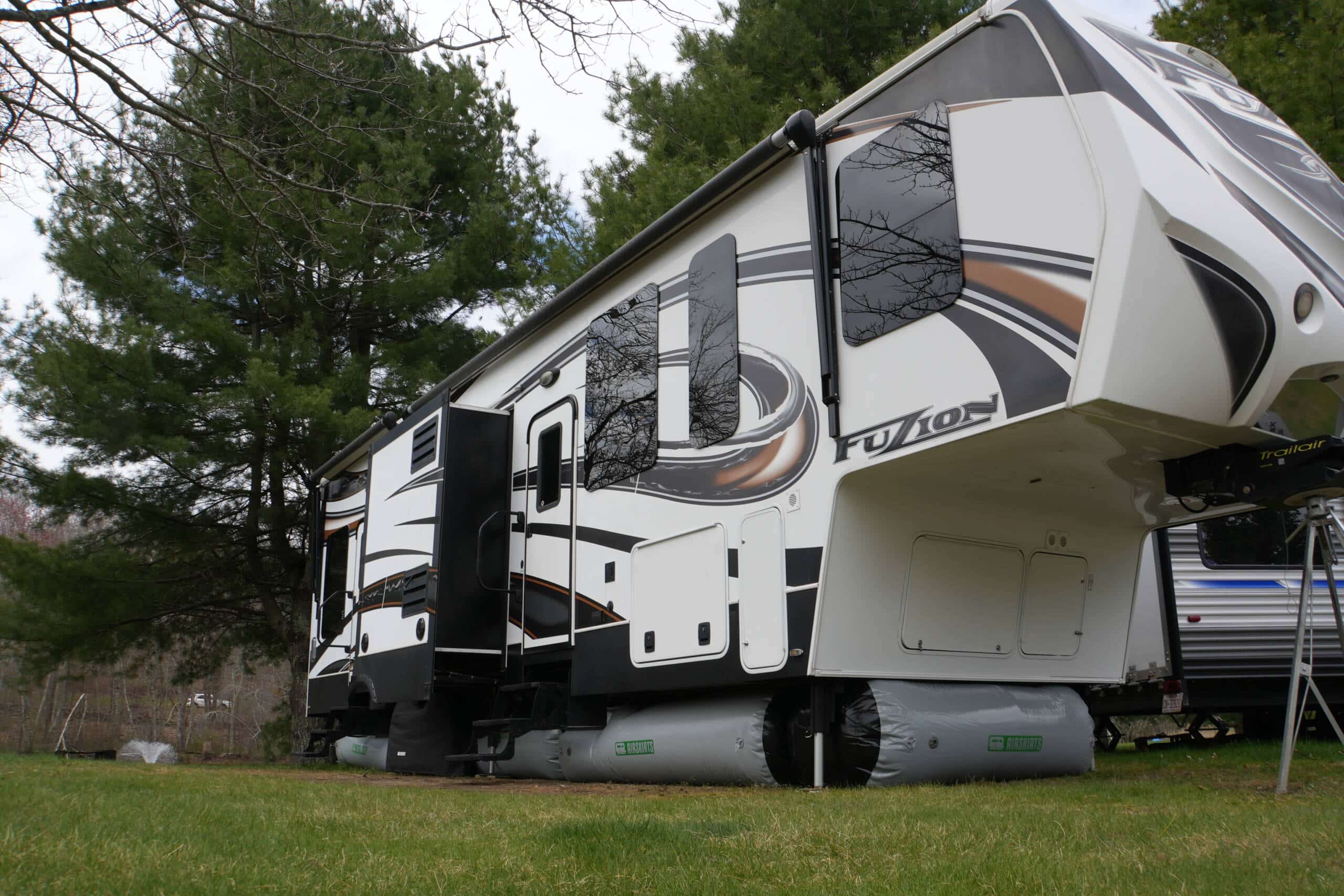What is Dry Camping (Boondocking)? Plus The Pros and Cons.
When someone mentions RV camping, what is the first thing that comes to mind? Perhaps you think of pulling into a public campground and hooking up to electrical and sewer connections. That certainly is one way to go about it. But another option is something known as dry camping. Needless to say, dry camping has its pros and cons.
What is dry camping?
Dry camping is sometimes referred to as boondocking. It is similar to tent camping in the sense that it is a more remote experience. But dry camping definitely involves the use of a motor home, trailer, tent camper, or van. Dry camping is essentially camping in your RV or trailer without any hookups. That means no hookups for electricity, water, or sewer. Likewise, most dry camping situations also do not include public wi-fi. It is just you and your rig on a plot of land that is probably in the middle of nowhere.
(Related: What Is Boondocking? Plus Tips for Your Trip)
Public and Private Lands
Before we get to the pros and cons of dry camping, let us discuss where it takes place. RV owners can dry camp on both public and private lands. In the public arena, national and state parks are a great source of dry camping opportunities. Not all parks allow dry camping, but most do (Related: How to Find Year Round RV Parks and Campgrounds)
.
As far as private land is concerned, everything is on the table. You just have to get a land owner’s permission before you park. And while dry camping on private land can involve things like mountain peaks and quiet lakes, you can dry camp in a parking lot if you want. It is entirely up to you and the landowner.
The Pros and Cons
Pros of dry camping
So, what are the pros and cons of dry camping? For starters, dry camping’s biggest advantage is the expense involved – or more accurately, the lack thereof. Many dry camping opportunities on public land do not cost a dime. Dry camping on private land may be free in some cases, or it may incur a small fee in others. Either way, dry camping does not include renting an expensive campsite in a public campground.
Additional advantages include:
- fewer restrictions from landowners
- more options for parking locations
- fewer campers (if any at all)
- greater access to nature.
Cons of dry camping
As far as the cons are concerned, the biggest one is living off the grid. Not having hookups means you have to carry all your water with you. It means being careful not to fill up your wastewater tanks. It also means carrying extra gas or cooking over a fire.
Further cons include:
- legal limitations (some land is off limits)
- occasional permit requirements
- having to carry everything you need
- limited amenities
- greater work requirements.
The work requirements issue is directly related to being in the middle of nowhere. For example, dry camping in the mountains is likely to expose your RV to colder temperatures. You would want to install an RV skirting product like AirSkirts to prevent frozen plumbing. But that is just the start. Dry camping requires more work to do everything from cooking to washing your clothes. It generally involves constantly maintaining a campfire. In the end though, all the extra work might be what you enjoy most about dry camping.
Dry camping obviously isn’t for everyone. In fact, some people invest in motorhomes, fifth wheels, and travel trailers because they want the creature comforts of home in a camping experience. For them, dry camping may not be the ideal use of an expensive RV. But for others, dry camping is definitely worth the effort from time to time. What do you think?






Leave A Comment